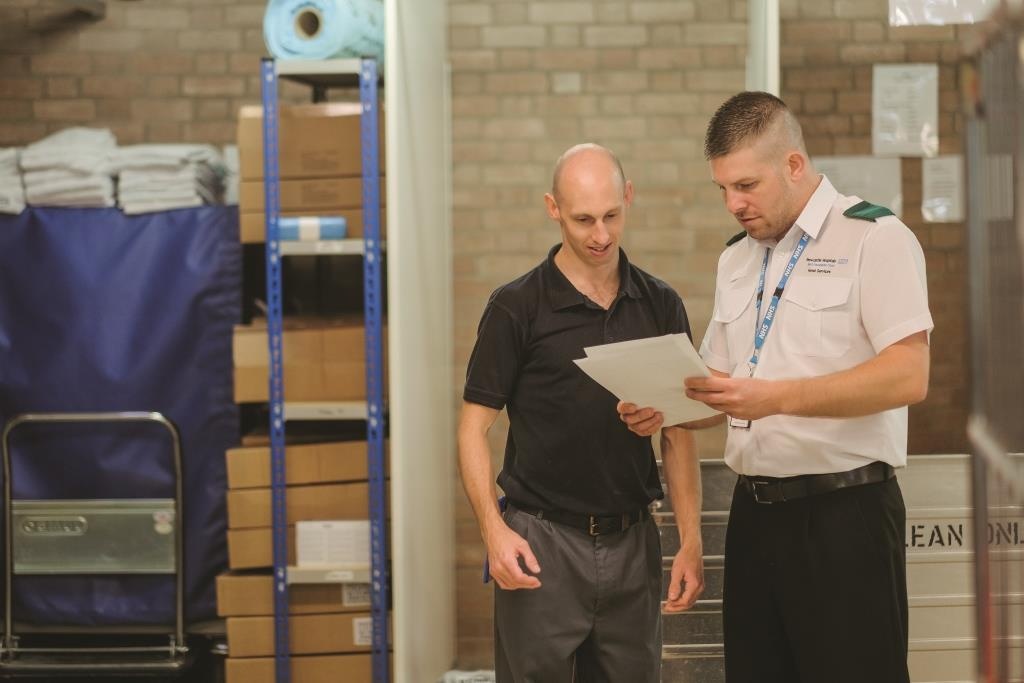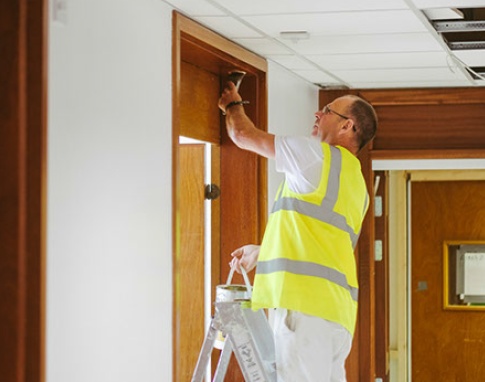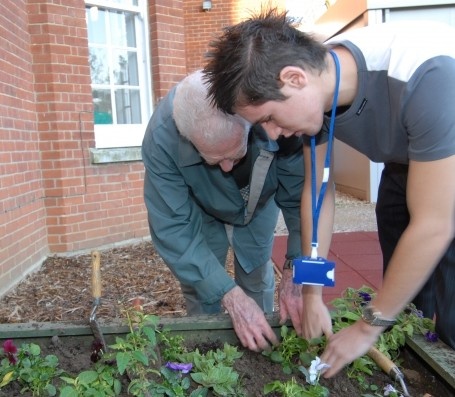Your Career
Estates services staff look after NHS buildings and the grounds around them.
Estates
Like any buildings, NHS sites need repairs and regular maintenance. As the needs of the NHS change, existing buildings need to be extended or renovated and new sites built. The fabric of the building needs to be looked after – walls, floors and windows – as well as the systems inside them – heating, power and ventilation. All this work needs skilled staff, often from the construction sector.
Estates staff must be prepared to travel. Some work across several sites or are called to work wherever repairs are needed. They may use NHS transport or their own van. Some estates staff work for companies that provide services to the NHS.
Many estates staff join the NHS with qualifications and experience from working and training elsewhere. If you have an interest in practical work and GCSEs in English and maths, there may be opportunities to train in one of the estates services roles. However if you join the NHS, you will be encouraged to take further qualifications and progress. You could become a team leader and there may be chances to become a manager.
As a member of estates services staff, you may not have direct contact with patients, but if you are working in or around an NHS building, patients may be there. Some estates staff work evenings, nights or weekends so they can do repairs or maintenance work when hospitals are quiet or when health centres are closed. It’s important that services such as water and electricity are available in hospitals at all times so, in emergencies, repairs have to be done straightaway. Some estates staff, plumbers and electricians for example, may be on call for emergencies.
If you’ve got practical skills and like doing a good job on a building then a role in estates services could suit you.
Search Jobs

Indoor Roles
Hospitals, health centres and other NHS buildings need to be safe and welcoming for staff and patients. Any repairs need to be carried out to a high standard by skilled tradespeople. Although some estates staff are multi-skilled, the main roles are carpenter/joiner, electrician, painter and decorator, plumber, tiler and estates technician.

Outdoor Roles
The outsides of NHS buildings and the grounds around them have to be kept tidy and in good repair. Walls and windows must be maintained and kept clean. Grounds can include gardens, paths and car parks. Working outside, your role could be a bricklayer, window cleaner or even gardeners and grounds staff.

Specialist Support Roles
Given the size and complexity of the Trust Estate, we undertake a number of specialist supporting roles to ensure we provide safe and efficient buildings for patients and visitors. These duties vary a great deal and include officers undertaking roles such as: capital projects; PFI contract management; maintenance helpdesk; energy management; fire safety advice; transport & travel; health & safety and waste & recycling advice. These roles tend to require specialist knowledge and experience in their field and vary from graduate level officers and progress up to senior management roles.

Environmental Sustainability
The Trust is committed to delivering outstanding patient-focused healthcare whilst reducing its impact on the environment. The Sustainability Team in Estates helps to deliver this Board approved commitment with their award winning SHINE (Sustainable Healthcare in Newcastle) projects. This small team in Estates includes technical experts in the field of energy & water management, waste management, active & sustainable travel and sustainability engagement.
Please note that all content on this page is copyright of Health Education England.

